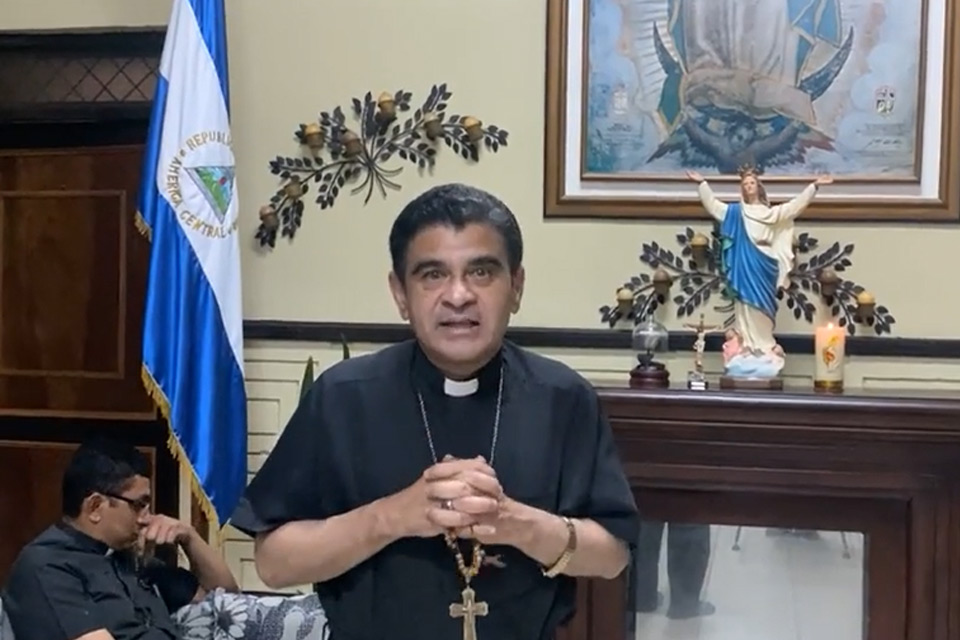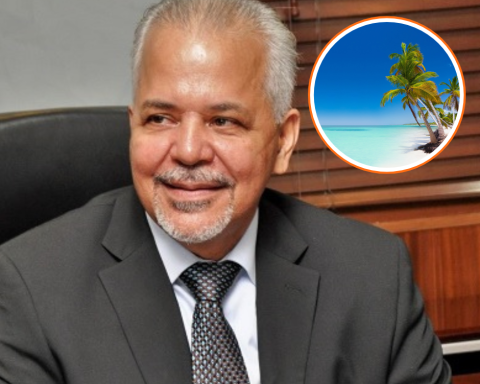María Graciela de la Rosa, General Auditor of the Nation appointed by the Senate, criticized the absence of a “debt sustainability analysis” as well as the omission of giving participation to the National Congress, prior to contracting a loan from the International Monetary Fund (IMF) in 2018 during the administration of Mauricio Macri.
“There was no debt sustainability analysis on whether or not Argentina was in a position to take that loan and make the corresponding payments in the short period that was available,” de la Rosa concluded this morning in dialogue with Radio 10, when referring to the loan contracted with the IMF in 2018.
Among other irregularities – de la Rosa points out – there was no “an analysis of the impact on the balance of payments” by the Central Bank, nor was there initially a file.
In the same way, he criticized the lack of a prior intervention by the National Congress or, in any case, of a Decree of Necessity and Urgency (DNU) that would have allowed its subsequent analysis through the bicameral commission for that purpose.
When comparing with the approved budget for said year, de la Rosa said that there was a “internal and external indebtedness that had nothing to do with what was authorized by Congress.”
“If we talk so much about the Republic and the powers, here the only power that had to control, define and approve something like this was the National Congress and it did not participate,” stressed the official, one of the seven members of the AGN.
De la Rosa considered that the loan was taken by “three people” and criticized that “everything was done without papers.”

Those who made the decision
“We understand that the order was given by President (Mauricio) Macri and there are two signatories, the president of the Central Bank (Federico Sturzenegger) and the Minister of Finance (Nicolás Dujovne), and the latter did not have to sign because he did not have powers that set by the specific financial administration laws,” he denounced.
“The stand-by loan from the International Monetary Fund does not meet the established criteria of the negotiation and execution process (current regulations)”said the AGN this week about the debt that the previous government administration assumed with the multilateral organization, in the combined audit report regarding the 2018 investment account.
“If we talk so much about the Republic and the powers, here the only power that had to control, define and approve something like this was the National Congress and it did not participate”Maria Graciela de la Rosa
The audit mentioned the existence of guarantees with confirmed arrears or that exceed the authorized amount; inconsistencies in unpaid interest on debt and in debt exposure in the financial statements; non-compliance with standard procedures for contracting the debt with the IMF; and issuance of debt without having a quota determined by law at the time of issuance.
“20% of the direct debt issuance in that year was authorized by Decree of Necessity and Urgency”, something that is not allowed, since all external debt issuance must be approved by Congress, in addition to incurring a “lack of formal procedures for the placement of debt in the international capital markets and the lack of regulations for the follow-up of endorsements, sureties and guarantees”said the Public Debt Supervision Commission of the AGN.
Another point that the report touches on is the level of indebtedness.
“With the data we have from 2018 and from the 2016 accounts there is an increase of US$ 100,000 million in Argentina’s external debt, the largest in its history”; affirmed de la Rosa, who anticipated that “within a month or so” another audit will be published that will specifically deal with the loan with the IMF.
According to the report that consists of 25 technical working documents, at the end of 2018 the public debt reached US$ 332,192 million, representing 85.2% of GDP compared to 56.5% of GDP a year ago, as a result of the sharp devaluation of that year that increased the weight of the debt over the GDP by almost 30 points in one year.
“When we talk about external debt we see a huge external debt that now, if we analyze today, there is even a decrease in nominal terms and also in terms of GDP,” added the general auditor.

















